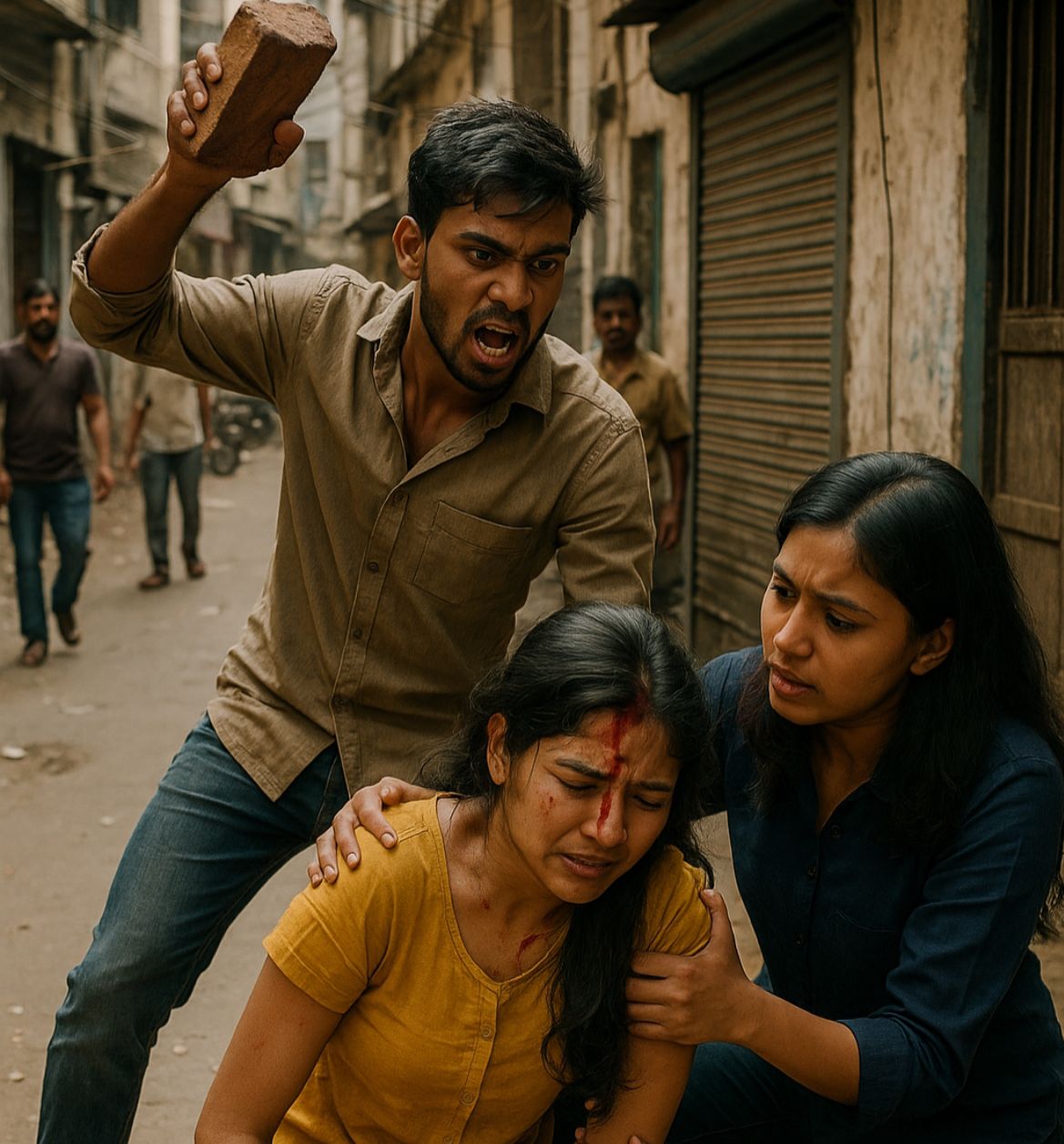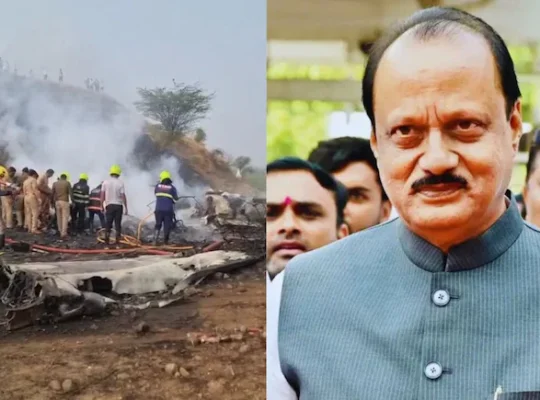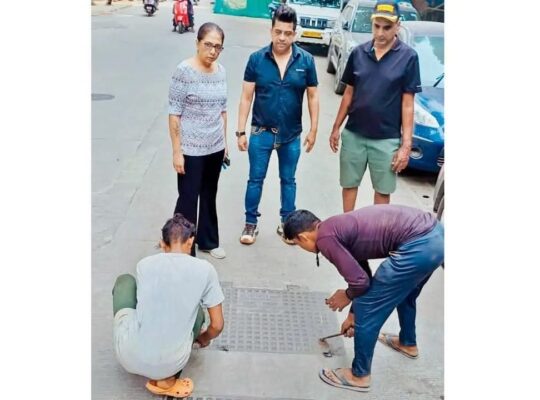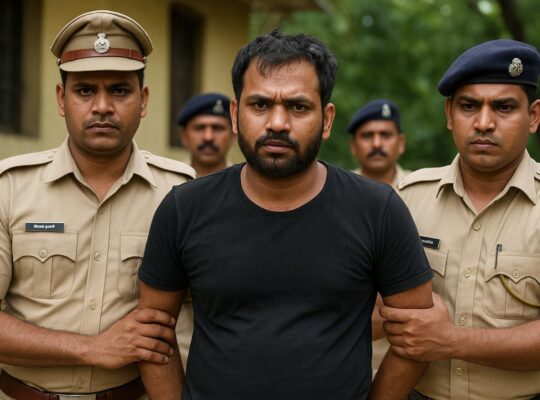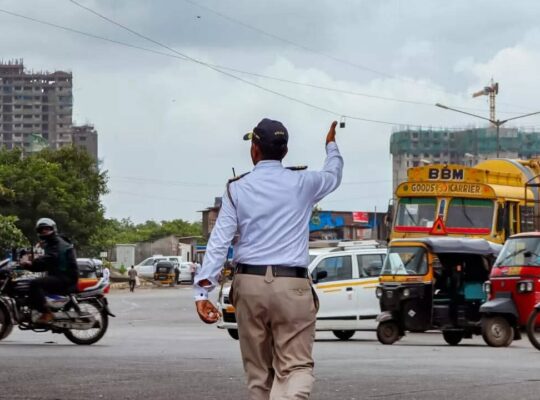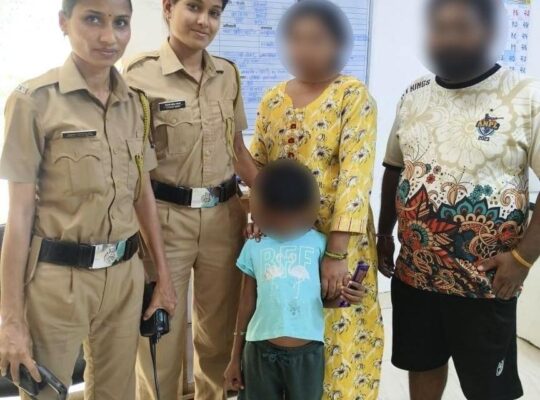A 17-year-old girl in Mumbai was attacked in broad daylight—because she chose to say no.
On May 24, in Kandivali West’s Sanjay Nagar area, the girl was walking down Gosalia Road with her friend when 19-year-old Rahul Singh, a man from Varanasi who had been trying to contact her, showed up. When she didn’t respond the way he wanted, he snapped.
Witnesses say Singh hurled abuse at her before picking up a brick from the roadside and smashing it on her head. He also destroyed her phone. The girl was rushed to Shatabdi Hospital with serious injuries but is now recovering. The trauma, though, may take far longer to heal.
The police confirmed that the two knew each other. Singh had reportedly traveled all the way from Varanasi to confront her because she wasn’t answering his calls.
He has now been arrested and booked under the Bharatiya Nyaya Sanhita and POCSO Act. The investigation is ongoing.
This horrifying incident has reminded many of the Sakshi murder case in Delhi’s Shahbad Dairy, where a 16-year-old girl was stabbed and brutally killed in public by her boyfriend after she tried to end the relationship. That attack too was caught on CCTV, and just like this one, it involved a young girl being punished for asserting her will.
Why Do These Incidents Keep Happening?
It’s heartbreaking that girls still face violence for simply setting boundaries. And it’s even more disturbing that many of these attackers believe they’re entitled to attention, love—or control.
What’s worse is that this isn’t an isolated case. And until society stops romanticizing obsession and starts teaching boys about respect and boundaries, we will keep waking up to more such news.
What Needs to Change
To truly stop this cycle, we need to act now—on all fronts:
• Fast-track courts for crimes against women and minors.
• Stronger surveillance: better CCTV and night patrols in isolated areas.
• Early red-flag systems for stalking and harassment complaints.
• Self-defence training in schools and colleges.
• Public campaigns teaching people how to intervene safely and responsibly.
• Gender education for young boys—normalizing “no” from the start.
• Wider awareness of emergency safety apps like 112 India.
This attack wasn’t just about one boy and one girl. It’s a reflection of a deeper sickness in our society—a place where obsession is confused with love, and girls are punished for being independent.
Enough is enough.
It’s time we stop blaming victims and start building a safer world—where “no” doesn’t lead to a hospital bed, but is simply accepted for what it is: a choice, not a challenge.
Ai generated image used for representation.

